Coriander
Coriander is an herb that’s commonly used to flavor international dishes.
It comes from the Coriandrum sativum plant and is related to parsley, carrots, and celery.
In the United States, Coriandrum sativum seeds are called coriander, while its leaves are called cilantro. In other parts of the world, they’re called coriander seeds and coriander leaves. The plant is also known as Chinese parsley.
Many people use coriander in dishes like soups and salsas, as well as Indian, Middle Eastern, and Asian meals like curries and masalas. Coriander leaves are often used whole, whereas the seeds are used dried or ground.
To prevent confusion, this article refers to the specific parts of the Coriandrum sativum plant.
Description
Coriander may lower blood sugar by activating certain enzymes. In fact, it’s powerful enough that people with low blood sugar should use it cautiously.
Coriander is full of antioxidants that demonstrate immune-boosting, anticancer, anti-inflammatory, and neuroprotective effects.
Coriander may protect your heart by lowering blood pressure and LDL (bad) cholesterol while increasing HDL (good) cholesterol. A spice-rich diet appears to be associated with a lower risk of heart disease.
The antioxidants in coriander may reduce brain inflammation, improve memory, and reduce anxiety symptoms, though more research is needed.
Coriander may reduce unpleasant digestive symptoms like bloating and discomfort often experienced by people with IBS. It may also boost appetite among some people.
Coriander exhibits antimicrobial effects that may help fight foodborne illnesses and pathogens like Salmonella.
Coriander contains antioxidants that may protect your skin from aging and sun damage. It may also help treat mild skin rashes.


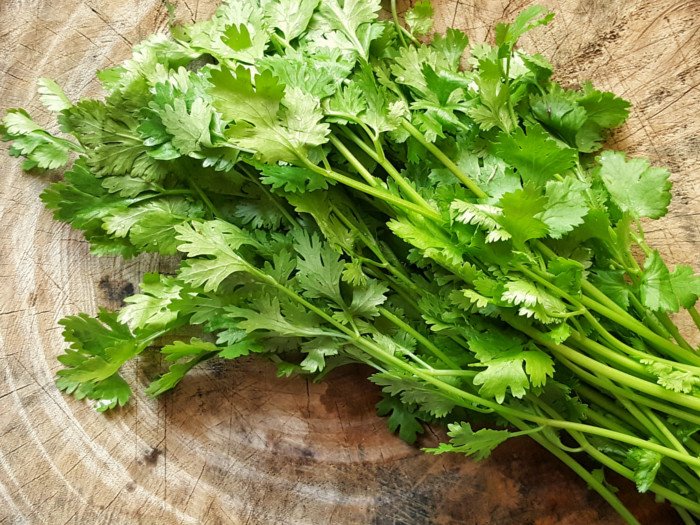
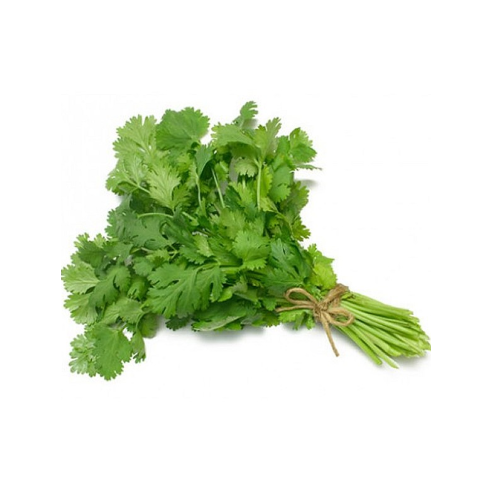
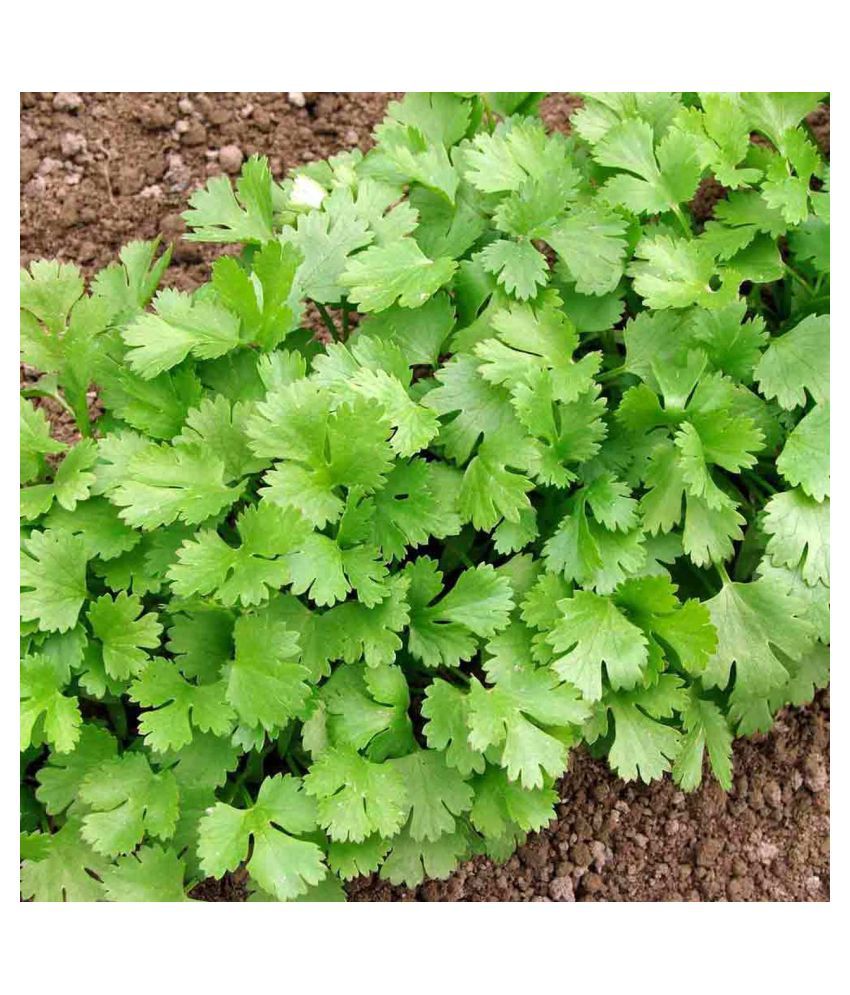
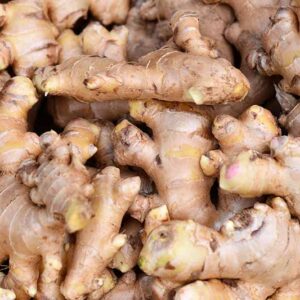
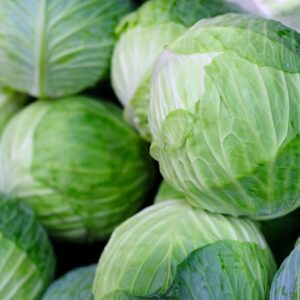
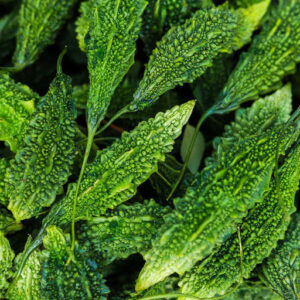
Reviews
There are no reviews yet.